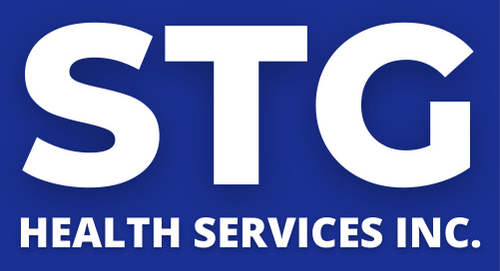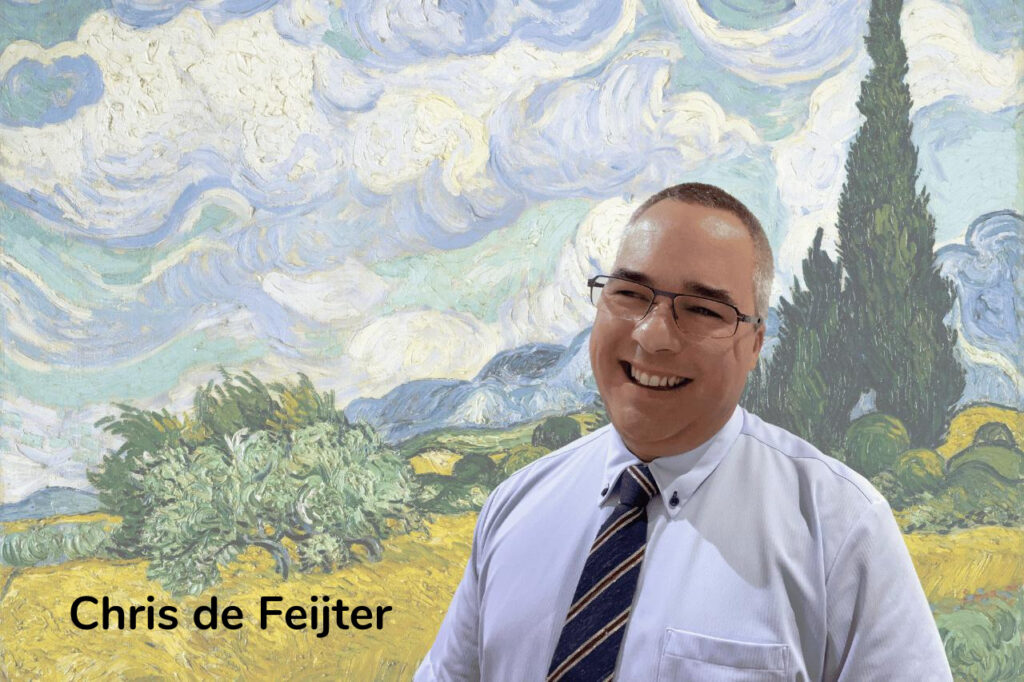FAQ


Most Popular Questions
Here is essential information about the counselling sessions in La Ronge Counselling.
What to Expect During the Initial Session
Is the Initial Session Really FREE?
What is the Regular Fee per Session?
I am a Band Member, can I get free NIHB counselling?
I am a Métis Nation Saskatchewan Citizen. Can I get free counselling?
Therapy-related Questions
Therapy isn’t just for people who experience difficulties - we all experience difficulties at some point. Therapy is best used when an individual identifies a challenge and wants to make changes to improve their experiences in life. Sometimes individuals see the same challenges resurface over and over in different forms in their lives, and they are unsure why. In everyday life, these problems are addressed superficially without dealing with their roots, which is why they may continue, despite our best efforts.
In therapy, problematic patterns are explored in-depth to address the underlying causes and thus, begin to change the driving forces beneath them. In other words, therapy goes beyond the symptoms and targets the actual issues. We use a unique combination of several research-proven theories tailored to each individual’s needs, which together can help you transform your life.
If you want to get the most out of your sessions, consider actively applying what you've learned in sessions to your life. Feel free to challenge your therapist to help you plan for testing in real life any lessons learned during sessions. Success in therapy involves a willingness to examine some of your most uncomfortable thoughts, feelings and experiences. If someone pushes you into therapy kicking and screaming, it will not be very effective. You need to want to make changes irrespective of what someone cares about says you should do. If you tend to blame other people for your problems, you'll be limited in how much you'll get out of your sessions. That doesn't mean that a little parent blaming here and there doesn't feel relieving. It just means that entering therapy with a sense of personal responsibility will predict success with the process.
In many ways, I do not have a typical client. I work with a wide range of adults and youth.
Not at all! Since my sessions can be done using a Secure video-chat platform, you can see me from anywhere you have access to the internet, though I advise choosing a place where you have privacy.
I feel very strongly about confidentiality. What you say to me is between you and me. I have no desire to repeat what you say to me. Legally and ethically, I am prohibited from sharing what you tell me or letting anyone know you are seeing me. A few exceptions to confidentiality rarely come up and apply to extreme situations where you are going to act on plans to hurt others or yourself and situations involving child abuse. The technology I use is all HIPAA and PIPEDA compliant. If you have concerns about confidentiality, please feel free to ask questions at our initial meeting or email me.
Counselling and Psychotherapy services overlap, yet, there are differences. Even though there are differences, the professional facilitating the counselling or psychotherapy is frequently the same person. The presenting problem of the client determines the approach.
Both counselling and Psychotherapy provide considerable depth with a different focus. Counselling addresses specific problems, changes in life adjustments, and fostering clients’ well-being. Psychotherapy focuses on restructuring the personality or self and the development of insight.
The term counselling is generally used to describe a relatively brief treatment that is focused mostly upon behavior. It predominantly targets a specific symptom or problematic situation and fosters awareness and discernment for dealing with it. Counselling tends to be wellness-based and provides increased insight and learning in order to overcome problems and challenges.
Psychotherapy is often treatment-based to address mental health issues such as mood disorders, anxiety disorders, eating disorders etc. It can be used in tandem with medication but this isn’t always the case.
Psychotherapy focuses on gaining insight into chronic physical and emotional problems. Its focus is on the client’s thought processes and way of being in the world, rather than specific problems.
About the Therapist
- Bachelor of Education (2003)
- Graduate Degree in Psychology and Special Education (2003)
- Master of Science in Education (2012)
- Doctor of Education (2015)
- Master of Arts in Counselling Psychology (2023)
My research-based doctorate is in education and not in counselling psychology. There is quite a large overlap between these two fields of study (learning climates for enhancing child development), yet the doctorate did not cover anything related to counselling. If you want to call me Dr. Chris, that is fine, but it is unnecessary 🙂



